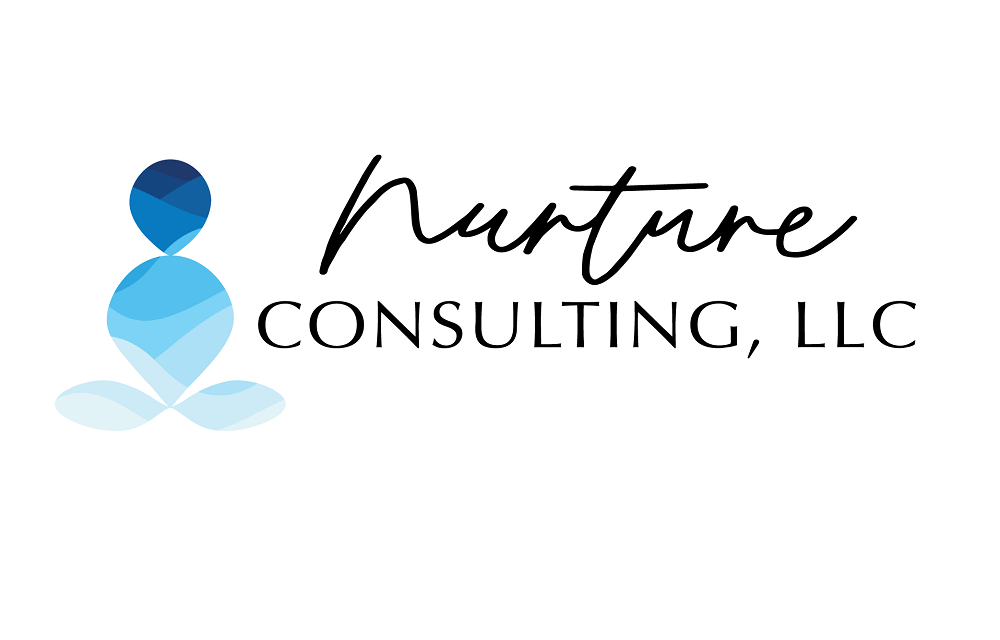Eating Disorders & Your Dental Health
Photo by Kenny Eliason (@neonbrand) via Unsplash
Content warning: The blog post and the article link below contain detailed descriptions of eating disorder behaviors including restriction and purging. Please feel free to skip this post if you think that it would be triggering for you or not supportive to your journey.
Disclaimer: The following post contains a link to an educational resource from byte.com. The following information is for educational and informational purposes only. The author was neither paid to promote, nor specifically endorses, the products and services offered from byte.com.
Eating disorders are medical and mental health crises. The impact of eating disorders on dental health is often not top of mind for those who experience or treat these crises. Yet, eating disorders can have a profound impact on dental health that can lead to long-term effects and costly interventions.
In this blog post I’ll briefly summarize eating disorder behaviors that impact dental health, link you to a community resource to learn more, and give you a few first steps to take if you’re concerned about the health of your teeth and gums.
Eating Disorder Impacts & The Dangers of Purging
Consider this story I heard years ago from an individual who struggled with bingeing and purging…
“I would go all day long, I wouldn’t eat breakfast, I would eat maybe a yogurt for lunch, go work out for an hour, then go home and just pig out. Then I would make myself throw up. So, I did that for a couple of years. Messed my teeth up. I’ve had so many root canals because of that….It was hard to stop, and be healthy,… and have to pay for all this dental work.”
Eating disorders impact overall health and well-being for individuals across the lifespan. All organs and body systems are impacted by eating disorders, including your teeth and gums. Of particular concern to tooth and gum health are purging behaviors. Purging involves ridding the body of the stomach contents by self-induced vomiting, emptying the colon by using laxatives, over-exercising to compensate for food intake, and manipulating medications to induce weight changes (e.g., diuretics, insulin, thyroid medications). For the purposes of this post, we’ll focus on the effects of self-induced vomiting pertaining to oral health.
People use purging in an attempt to compensate for their food intake, to induce weight loss (or to try and maintain their weight), and as a method of coping with emotions and situations that are overwhelming. As I’ve said to numerous clients over the years, “there is no safe amount of purging.”
Purging behaviors are serious and can have severe, enduring, or deadly consequences. If you, or someone you care about, is purging it’s essential that you seek medical attention immediately. To learn more about warning signs of an eating disorder and to get connected to resources for treatment, please click here to visit the National Eating Disorders Association website.
Eating Disorders & Dental Health
In this section, I’ll summarize some key points about how eating disorders affect your dental health. Before we start, I want to share an amazing resource called “The Effects of Eating Disorders on Your Oral Health” from byte.com.
General effects
Eating disorders affect physical health broadly. Here are a few of the effects of eating disorders on your oral health (for a complete list, please click here to access an article from byte.com):
Nutritional deficiencies leading to low blood production- this increases the risk for gum bleeding, infections, & slows down healing
Tooth decay and gum disease- nutritional deficiencies and self-induced vomiting increases the risk for tooth decay and gum disease (the stomach acid from vomiting erodes the tooth enamel)
Swollen salivary glands from purging can lead to chronic dry mouth, dehydration, and decreased saliva production
Arthritis of the jaw (yes, this can happen!)- leads to jaw pain, difficulty chewing, headaches, and other issues
For lots more information about this, please click here to read “The Effects of Eating Disorders on Your Oral Health” from byte.com.
Other Considerations
Impacts on nutritional status and eating disorder recovery- Food digestion begins in the mouth; thus, difficulty chewing and swallowing food because of low saliva production, infected teeth, and tender, bleeding gums can further impact your ability to improve and maintain your nutritional status
Financial impacts- Corrective dental work including root canals, crowns, tooth extractions, and other procedures can have severe and deleterious effects on your financial status (and is costlier long-term than preventative dental care)
What if I’m Worried About My Oral Health?
The article from byte.com has many resources if you’re not sure where to find help. I’ll offer a few additional tips, and please see NEDA to access help for an eating disorder:
#1- If you’re purging, do not brush your teeth right after you’ve purged. Brushing your teeth will brush your stomach acid into the tooth enamel which accelerates tooth erosion. Rinse your mouth out with water instead and wait a few hours to brush your teeth.
#2- Make an appointment to see a dentist if you’re purging regularly, even if you’re not experiencing symptoms like bleeding gums, a burning sensation on your tongue, tooth pain, or dry mouth. If cost is an issue, and you don’t have dental insurance, please click here to learn more about low-cost dental care options.
#3- When you go to the dentist, make sure to give the dentist details about how often you’re purging (how many times per day, week) and how you care for your teeth after a purge. This will allow your dentist to partner with you on a treatment plan to meet your needs.

